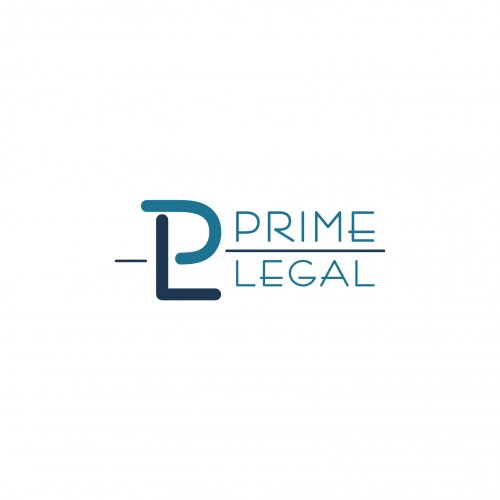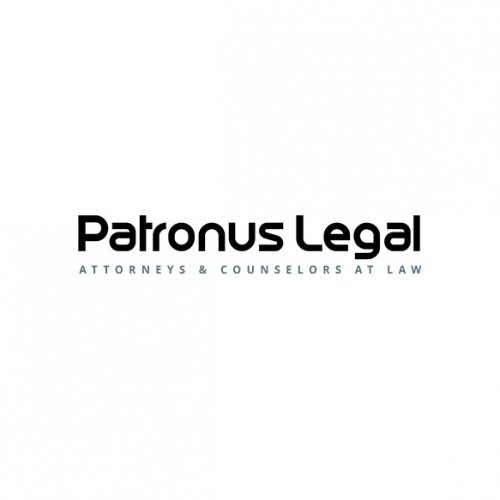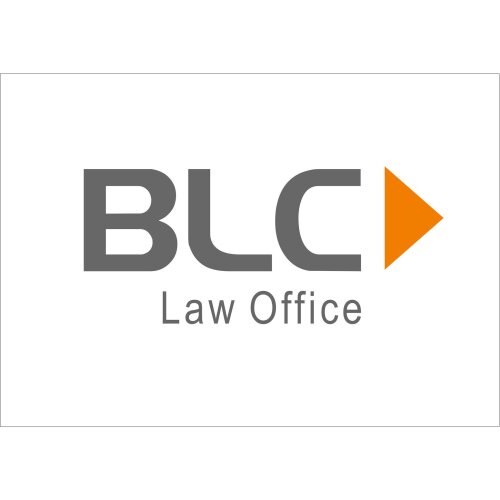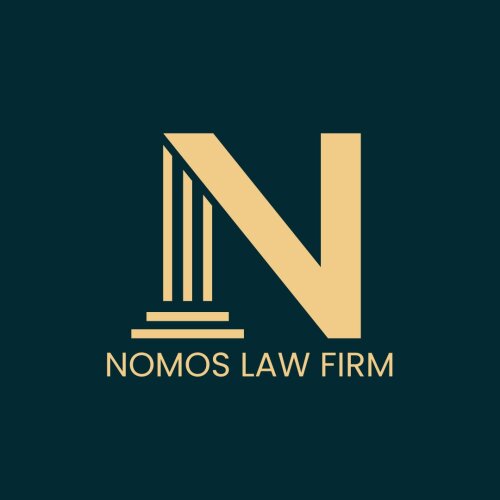Best Mining Law Lawyers in Tbilisi
Share your needs with us, get contacted by law firms.
Free. Takes 2 min.
List of the best lawyers in Tbilisi, Georgia
About Mining Law in Tbilisi, Georgia
Mining Law in Tbilisi, Georgia refers to the body of regulations and policies that govern the exploration, extraction, and processing of mineral resources. This area of law primarily covers the allocation of mining rights, compliance with environmental standards, safety protocols, and the management of land use related to mining operations. As the capital and economic hub of Georgia, Tbilisi is central to the country's mining activities and regulatory frameworks. Navigating the legal landscape is essential for both Georgian nationals and international investors interested in mining projects within the region.
Why You May Need a Lawyer
Engaging a lawyer specializing in Mining Law can be crucial in numerous situations. Common scenarios where legal assistance is needed include:
- Applying for and securing mining permits and licenses
- Complying with complex regulatory and environmental requirements
- Drafting and negotiating contracts for mineral extraction, joint ventures, or sale of mineral rights
- Resolving land use disputes or negotiating land access with local communities and authorities
- Addressing claims related to environmental impact or remediation
- Handling investment or financing agreements
- Dealing with disputes or litigation involving mining activities or state authorities
- Ensuring ongoing compliance with health and safety standards
In all these cases, a knowledgeable lawyer can help protect your interests, reduce risk, and ensure that your operations are fully compliant with Georgian law.
Local Laws Overview
Mining activities in Tbilisi and throughout Georgia are primarily regulated by the Law of Georgia on Subsoil, the Law of Georgia on Licenses and Permits, and various environmental and tax regulations. Key aspects include:
- Licensing: Mining operations require a specific license which outlines the duration, the mineral to be extracted, and the geographic scope.
- Environmental Protection: Operators must comply with strict environmental standards, conduct Environmental Impact Assessments (EIA), and prepare mitigation plans for any ecological disturbances.
- Land Use: Securing rights to use land is a separate process and may involve negotiations with private owners or the authorities for state-owned lands.
- Royalties and Taxes: The state imposes royalties on extracted minerals and may levy additional taxes on mining revenues.
- Health and Safety: Mining businesses are obligated to maintain rigorous health and safety standards to protect workers and local communities.
- Foreign Investment: There are specific provisions and restrictions regarding foreign ownership and investment in Georgian mining ventures.
- Dispute Resolution: Disputes may be resolved through administrative, civil, or arbitration proceedings, depending on their nature.
Frequently Asked Questions
What minerals are commonly mined in Georgia?
Georgia has significant deposits of manganese, copper, gold, coal, and construction materials such as clay and limestone.
How do I obtain a mining license in Tbilisi?
You need to apply through the National Agency of Mines, provide required documentation, and pass an auction or tender process for the resource of interest.
Is foreign investment allowed in the Georgian mining sector?
Yes, foreign individuals and companies can invest in mining projects, but must comply with national laws and sometimes special rules for sensitive resources.
What environmental regulations apply to mining?
Operators must conduct an Environmental Impact Assessment, implement environmental management plans, and follow all local regulations for land, air, and water protection.
Can I own the land where I mine?
Mining rights and land ownership are separate. You may need to lease or purchase land in addition to securing a mining license.
What taxes and fees are associated with mining?
You will be required to pay royalties on extracted minerals and may be subject to VAT, profit tax, and other sector-specific fees.
How are mining disputes resolved?
Disputes can be handled through the Georgian courts, administrative bodies, or, if the contract allows, international arbitration.
Are there any special health and safety requirements?
Yes, mining companies must comply with strict occupational health and safety standards and are subject to regular government inspections.
Do I need to consult local communities?
Yes, public consultation is often a requirement, especially when environmental or social impacts are involved.
What happens if I do not comply with mining regulations?
Non-compliance can result in administrative fines, suspension or revocation of your license, and potential legal liability for damages.
Additional Resources
For further guidance regarding Mining Law in Tbilisi, Georgia, you can consult the following:
- National Agency of Mines - Responsible for issuing licenses and overseeing subsoil use
- Ministry of Environmental Protection and Agriculture of Georgia - Regulates environmental compliance and EIAs
- Georgian Bar Association - Can help you find qualified legal professionals in the field
- Chamber of Commerce and Industry - Offers support and resources for investors
- University Law Faculties - Some academic institutions may have legal clinics or provide research resources
Next Steps
If you need legal assistance in Mining Law in Tbilisi, Georgia, consider the following steps:
- Clearly define your goals or the issue you are facing related to mining.
- Collect all relevant documentation, such as permits, contracts, or correspondence with authorities.
- Consult with a specialized lawyer who is experienced in Georgian Mining Law.
- Prepare a list of questions or concerns to discuss during your consultation.
- Engage your lawyer to help you navigate applications, compliance, or dispute resolution as needed.
- Stay informed about any changes in Georgian mining regulations that may affect your project, and maintain regular communication with your legal advisor.
Taking these steps can help ensure your mining activities in Tbilisi are compliant, productive, and legally secure.
Lawzana helps you find the best lawyers and law firms in Tbilisi through a curated and pre-screened list of qualified legal professionals. Our platform offers rankings and detailed profiles of attorneys and law firms, allowing you to compare based on practice areas, including Mining Law, experience, and client feedback.
Each profile includes a description of the firm's areas of practice, client reviews, team members and partners, year of establishment, spoken languages, office locations, contact information, social media presence, and any published articles or resources. Most firms on our platform speak English and are experienced in both local and international legal matters.
Get a quote from top-rated law firms in Tbilisi, Georgia — quickly, securely, and without unnecessary hassle.
Disclaimer:
The information provided on this page is for general informational purposes only and does not constitute legal advice. While we strive to ensure the accuracy and relevance of the content, legal information may change over time, and interpretations of the law can vary. You should always consult with a qualified legal professional for advice specific to your situation.
We disclaim all liability for actions taken or not taken based on the content of this page. If you believe any information is incorrect or outdated, please contact us, and we will review and update it where appropriate.












